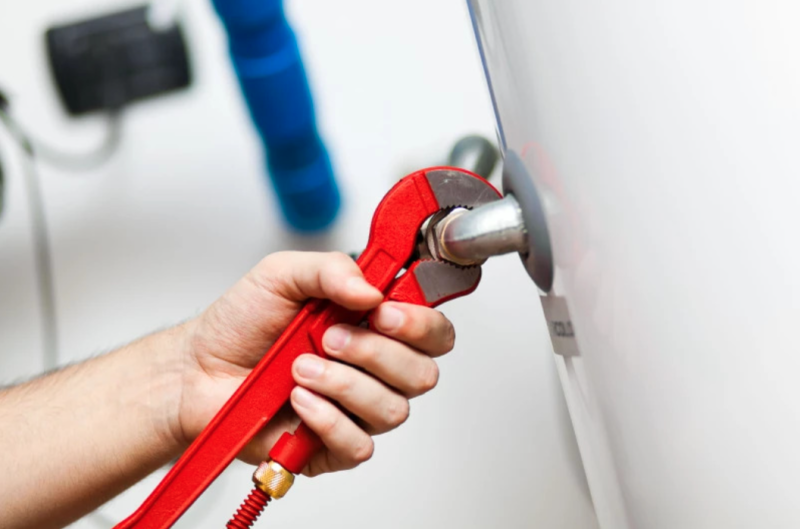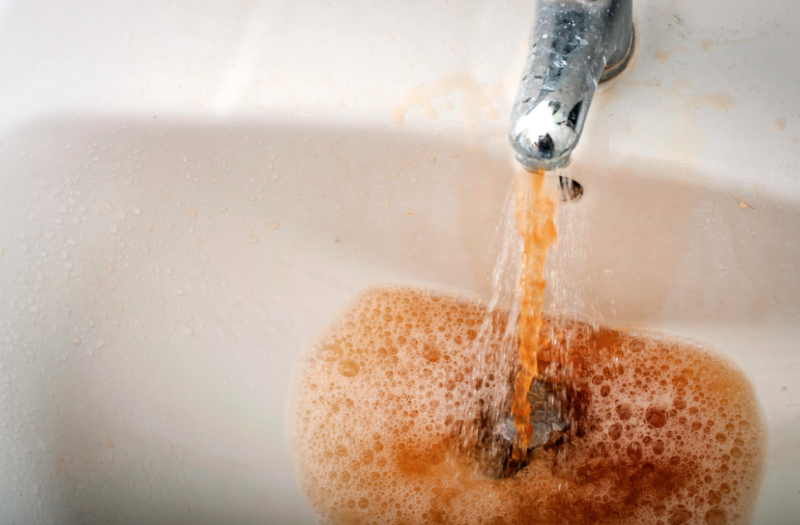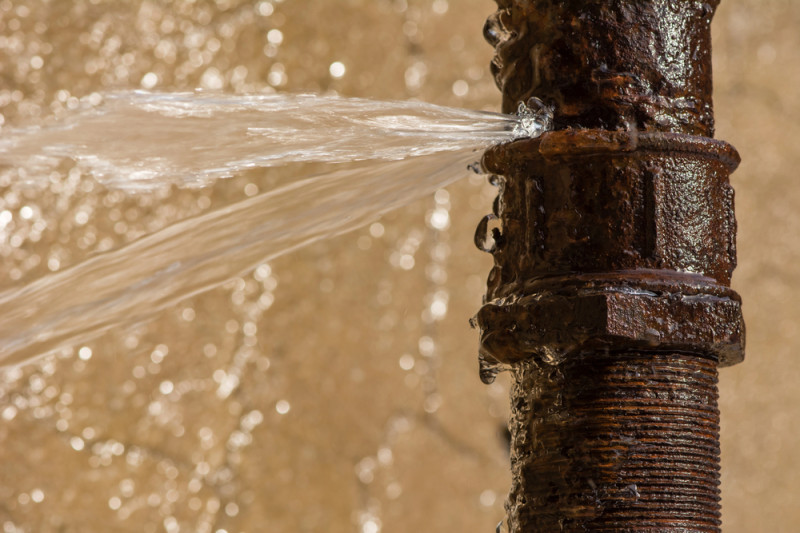Even with strict adherence to maintenance, you can’t make a hot water system last forever. Upgrading your hot water system is a significant investment, but it can offer substantial benefits, including improved energy efficiency, lower bills, and enhanced comfort.
Fortunately, Western Australian homeowners have access to Federal Government Rebates and incentives designed to make this transition more affordable. In this article, we’ll teach you about the current hot water rebates available to homeowners in Western Australia.
Need a new hot water system ASAP? We’re here to help! With no call out fees, our team of friendly plumbers are happy to provide you with a free onsite quote for any hot water system.
Federal Government Hot Water System Initiatives Available to Western Australian Homeowners
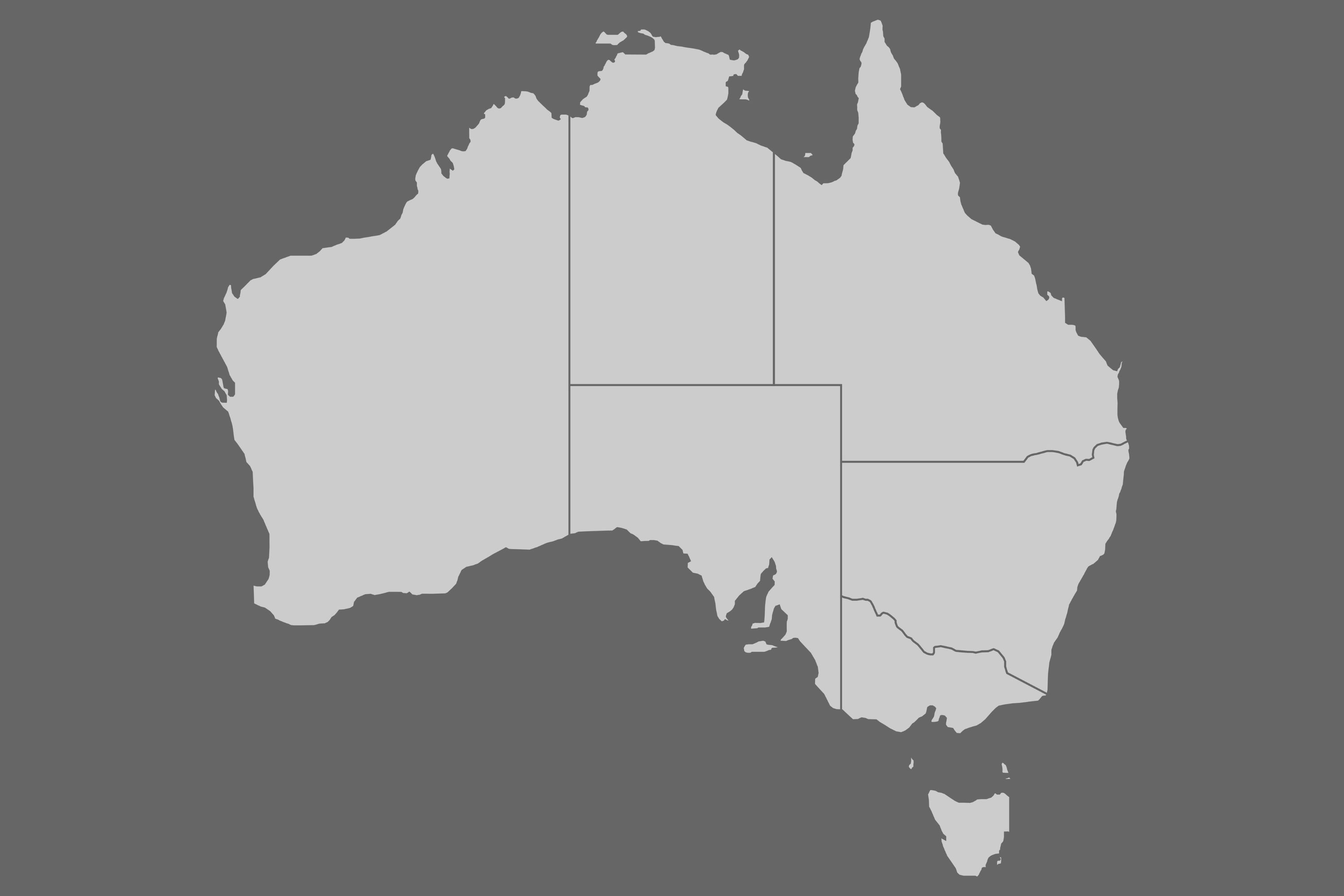
Federal Government rebates are available to everyone in Australia, regardless of the state they reside in. The conditions surrounding these hot water system financial incentives are the same for everyone.
Small-Scale Renewable Energy Scheme Program
The Small-Scale Renewable Energy Scheme is an Australian Federal Government program designed to encourage the adoption of renewable energy systems, such as solar hot water systems and heat pump hot water systems. Under the initiative, eligible homeowners and businesses can earn Small-scale Technology Certificates (STCs) for installing these systems. These certificates can be sold or traded, providing a financial incentive to offset the cost of installing renewable energy technologies, for example, a hot water system. The program aims to reduce greenhouse gas emissions and promote sustainable energy use.
Eligible hot water systems under the Small-Scale Renewable Energy Scheme
Not every hot water system qualifies for this rebate, the ones that do have excellent energy efficiency. These are the requirements for hot water rebates:
- Solar hot water systems: with a capacity of up to 700L. Models over 700L require you to submit further information to be eligible.
- Air source heat pump hot water systems: with a capacity of up to 425 L.
How much can I save with the small-scale renewable energy scheme?
The savings from the Small-Scale Renewable Energy Scheme can vary depending on how many STCs you earn from your particular system which is dependent on several factors, including the type and size of the system installed. Furthermore, the price of STCs change depending on market conditions. If you are in the market for a new hot water system and are interested in obtaining a hot water rebate under this program, you can use the STC online calculator to get a rough estimate.
What do I need to do to get the hot water rebate under the Small-Scale Renewable Energy Scheme?
1. Chat to a plumber to determine whether an eligible heat pump or solar hot water system is right for your household.
Whilst you may be saving upfront by getting a rebate on a solar or heat pump hot water system, it may not be the right choice for your household water consumption. It’s best to chat to a Perth plumber first to learn more about the eligible energy efficient hot water system that best suits your household’s needs and budget.
2. Get your new solar or heat pump hot water system installed
A licenced plumber needs to install your new hot water system in order to get the rebate. In Western Australia, you are also required to supply a Major Plumbing Work Compliance Certificate, which your plumber can assist with.
3. Claim for the STCs
There are few ways to make the claim for the rebate once your new hot water system is installed. Chat to your plumber about the different options available to you. Once the installation is complete, your installer or a registered agent (for example, the hot water system manufacturer) can assist you in creating and registering your STCs through the REC Registry. Alternatively, you can choose to sell your STCs directly to an authorised agent who will handle the paperwork for you. This is often done at the point of sale to reduce the upfront cost of your hot water system.
The Household Energy Upgrades Fund
The Household Energy Upgrades Fund is a $1 billion Australian Federal Government initiative managed by the Clean Energy Finance Corporation (CEFC) that aims at helping homeowners improve the energy efficiency of their homes by providing discounted green loans for various energy efficient upgrades including hot water systems. Whilst this program doesn’t provide direct hot water system savings, it can help you get an energy efficient hot water system sooner. You can also still apply for the above Small-Scale Renewable Energy Scheme Program with this program.
Eligible hot water systems under the Household Energy Upgrades Fund
Similar to the Small-Scale Renewable Energy Scheme, eligible hot water systems under the household Energy Upgrades Fund include solar hot water systems and heat pump hot water systems. The same requirements apply.
What do I need to do to take advantage of the Household Energy Upgrades Fund
1. Chat to a plumber to determine what type of hot water system you need
A plumber can help you assess your current needs and decide on the most energy-efficient hot water system that meets your home’s requirements. As well as provide specific model recommendations.
2. Speak to a participating lender
Contact a participating lender to verify your eligibility and discuss the options available to you for funding.
3. Contact an accredited hot water system installer
Once you’ve finalised your financing options and eligibility details with the lender, you can get your brand new hot water system installed.
State Government hot water initiatives available to Western Australian homeowners
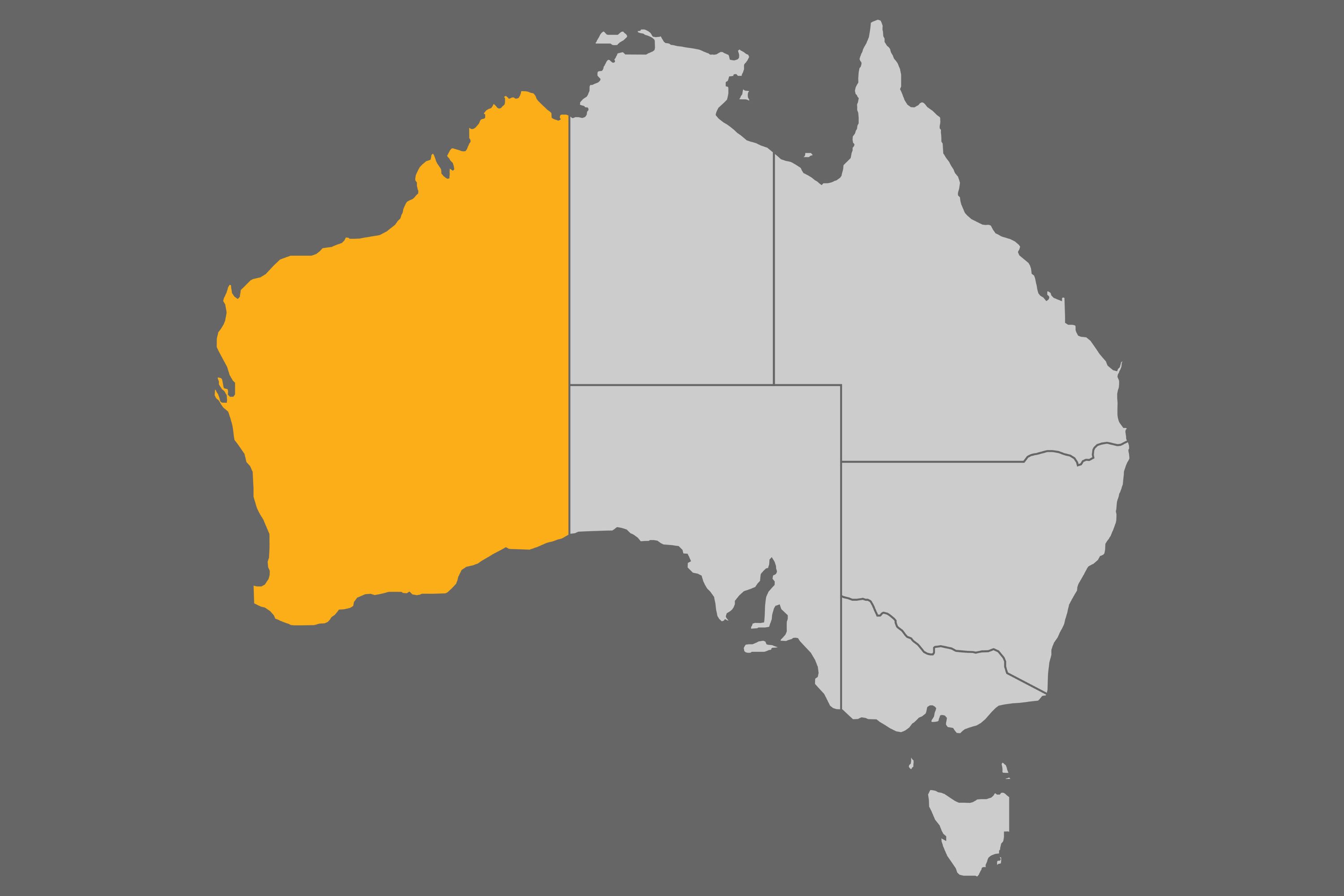
Currently, there are no specific state government incentives in Western Australia for upgrading hot water systems but you are eligible for the federal government incentive listed above. However, your local plumbers at Swan’s Professional Plumbing will always let you know if this changes.
More ways you can save on a new hot water system installation
Members Save 10% on Plumbing Services
Whilst there may be no State Government financial incentives for a new hot water system, all members of Swan’s Professional Plumbing are entitled to 10% off select plumbing services! You’ll also receive a free annual plumbing health check each year to ensure your existing hot water system continues to remain in tip-top shape.
Get Your Free Plumbing Health Check
Seniors Discount
Are you a WA senior card holder? All senior card holders in Perth can take advantage of Swan’s Professional Plumbing’s seniors discount! All eligible WA seniors card holders can take 10% off selected services and are eligible for a free plumbing health check each year.
Depend on Swan’s Professional Plumbing For All Your Hot Water System Needs
Hot water systems are a plumber’s bread and butter. We install and service all makes and models. If you think you’re hot water system has done it’s time or think it might need a tune up, don’t hesitate to reach out to our friendly team today. With free onsite quotes and no call out fees, we’ll ensure a reliable hot water supply all year round!
FAQS
No, at this point in time there are no free hot water system initiatives from the Australian Federal or State Governments. However, if this changes, our team will be sure to let you know.
Determining the most energy-efficient hot water system for your home involves considering several factors such as household size, hot water usage patterns, climate, and budget.
For example, larger households typically require systems with greater capacity, and high peak usage households benefit from systems with fast recovery rates. When it comes to budget, considerations include both upfront costs and long-term savings, as more efficient systems like solar and heat pumps can have higher initial costs but lower operating expenses.
We have an article highlighting the different types of hot water systems to help you learn more.
Heat pumps and solar hot water systems are considered more energy efficient because they utilise renewable energy sources and efficient heat transfer methods.
Heat pump systems extract heat from the ambient air using a refrigeration cycle, yielding up to three to four times the energy they consume in electricity, making them significantly more efficient than traditional electric or gas hot water systems.
Solar hot water systems capture sunlight using rooftop solar collectors, providing a sign of a household's hot water needs depending on the climate. Both systems reduce greenhouse gas emissions and operational costs compared to conventional hot water systems.

